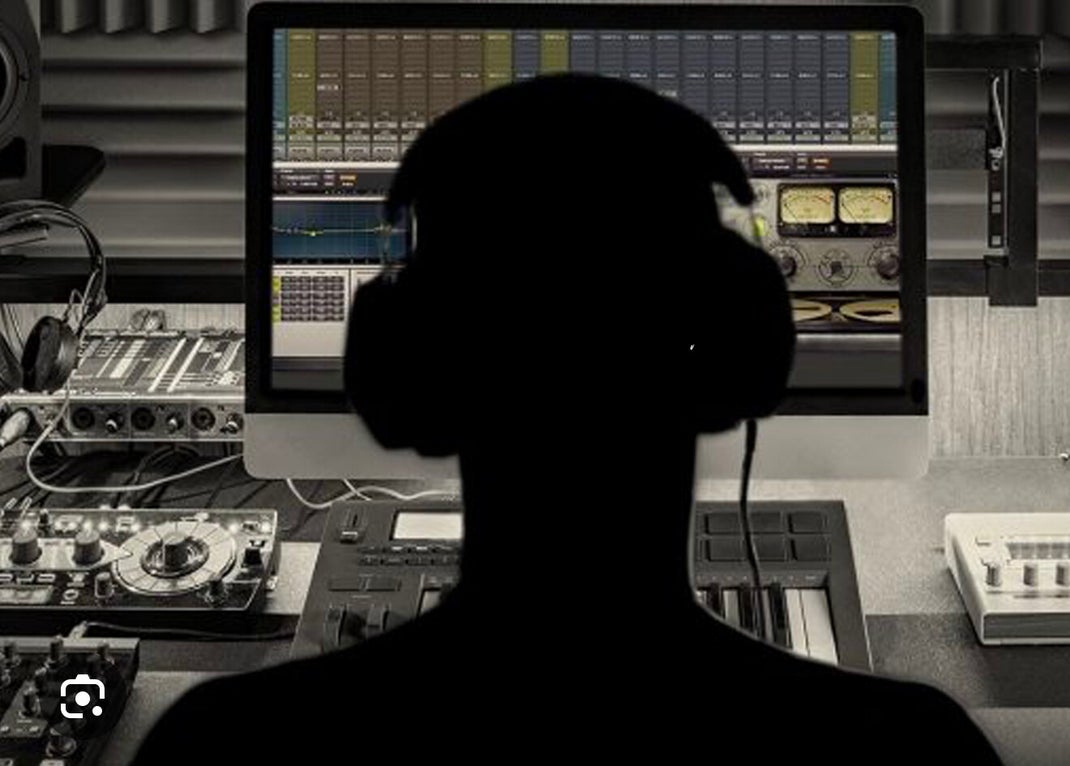
Ghost Production Basics, What You Need to Know Before Hiring
Introduction
The music industry has changed massively over the last decade. With so much competition and a demand for fresh, professional-sounding tracks, ghost production has become an essential service for DJs, producers, and labels. But for newcomers, the term can be confusing and even a little controversial. If you’ve ever wondered what ghost production actually is, how it works, and what you need to know before hiring a ghost producer, this guide will give you the essentials.
What Is Ghost Production?
Ghost production is when a professional music producer creates a track that is then released under someone else’s name. The client (usually a DJ, artist, or label) owns the rights to the finished piece and can release it as if it were their own. Ghost producers remain anonymous, hence the word “ghost.”
Some clients use ghost producers because they don’t have the technical skills to produce a track from start to finish. Others may be too busy touring or running their brand to spend weeks in the studio. In short, ghost production helps artists deliver high-quality music consistently.
Different Types of Ghost Production
- Custom tracks — A producer creates a brand-new track based on your specific requirements (genre, BPM, references, mood).
- Pre-made tracks — Ready-to-release songs that you can buy and brand as your own. These are usually cheaper and faster to deliver.
- Co-production — A middle ground where you and the ghost producer work together. You provide ideas, samples, or melodies, and they polish it into a professional track.
How Ownership Works
Ownership is one of the most important topics to understand. Typically, when you hire a ghost producer, you receive full rights to the track. That means:
- You can release it under your name.
- You keep 100% of the royalties.
- The ghost producer cannot claim ownership or reuse the track.
However, this only works if there’s a proper agreement in place. Always make sure contracts or clear terms are signed before any payment is made. Some producers also allow for different options, like shared publishing or keeping a percentage of royalties, but in most ghost production cases, full ownership is transferred to the client.
What to Ask Before Hiring a Ghost Producer
- Portfolio: Ask for examples of previous work to ensure their style matches yours.
- Revisions: How many rounds of changes are included in the fee?
- Delivery Time: A good producer should give you a realistic timeframe.
- File Types: Make sure you’ll receive stems, project files (if agreed), and a mastered version.
- Confidentiality: A proper NDA (non-disclosure agreement) helps keep things professioCommon Pitfalls to Avoid
- Unclear briefs: If you don’t explain your vision clearly, you might end up with something that doesn’t fit.
- No written agreement: Verbal deals can cause disputes later — always have it in writing.
- Buying from unverified sources: Some “ghost” tracks online are stolen or recycled. Work only with trusted producers or agencies.
Pricing Basics
Ghost production prices vary depending on experience, complexity, and turnaround time. Here’s a rough guide:
- Pre-made tracks: £100 – £500+
- Custom ghost productions: £500 – £2000+
- Full co-production or label-level tracks: £2000+
Remember, you’re paying for both the producer’s time and their years of experience. A cheap deal might be tempting, but poor quality could hurt your reputation more than help it.
Final Thoughts
Ghost production is nothing to be ashamed of — it’s simply another professional service in the music industry. If done correctly, it can help artists build their careers, keep up with demand, and release music at a high standard. The key is to be informed, set clear expectations, and work with reputable producers who understand your vision.
By knowing what to look for and what to avoid, you’ll save yourself time, money, and stress — and you’ll end up with tracks you can be proud to release.